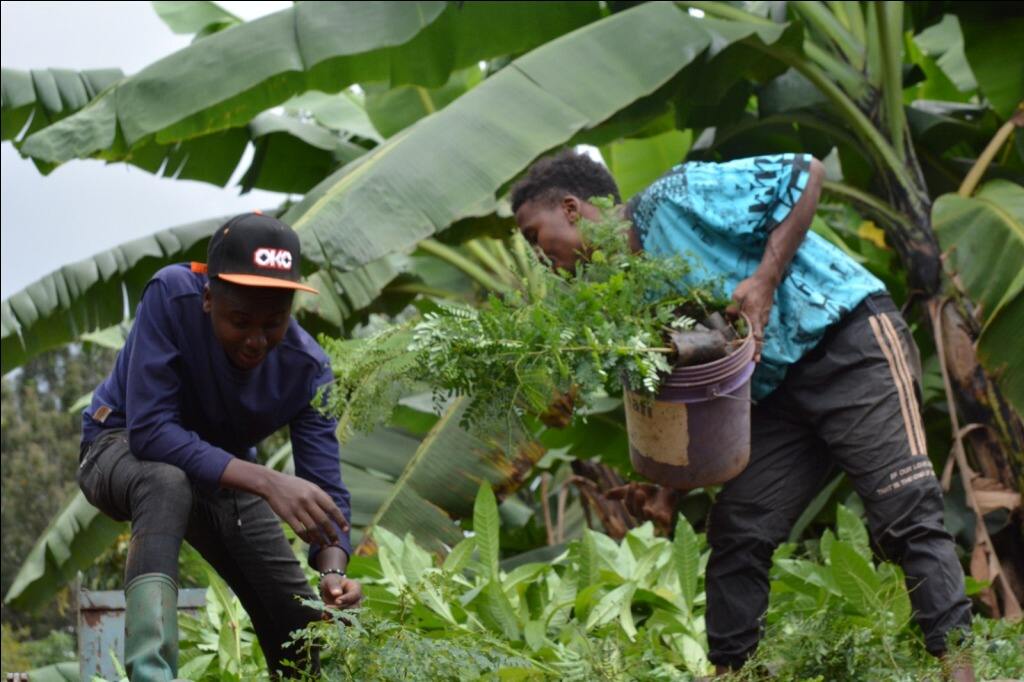One of the species featured on the list of the 25 most endangered primate species in the world, Colobus Monkeys, is facing a serious threat of extinction worldwide. This is one of the key reasons for making the conservation of their natural habitats more relevant. The Usambara Mountains range in the United Republic of Tanzania is one of the major forest ranges that is home to this critically endangered species. However, hunting, poaching, and mining activities in the mountains have resulted in habitat destruction for Colobus Monkeys here.
Now, to enrich the habitat, India’s leading social enterprise Grow-trees.com has initiated the Trees for Colobus Monkeys project in the West Usambara region. The initiative, under the Trees for Forests™ & Wildlife project, involves planting 100,000 trees to conserve Colobus Monkeys and prevent the loss of their habitat.
“The initiative intends to repair and restore the habitat of the endangered primate by increasing tree cover in the wastelands and degraded forests next to the West Usambara forest reserves. The trees will not only support the habitat of Colobus Monkeys, ensuring both their survival and expansion but also help the local economy by supplying a range of goods and services,” says Pradip Shah, the co-founder of Grow-trees.com.
He adds that they chose this site for their project because of its relevance as a key biodiversity area. “However, the montane, lowland, and coastal forests in these mountains are facing degradation due to deforestation, forest fires, illegal logging, artisanal gold mining, and livestock grazing. Deforestation, climate change, hunting, and poaching of wildlife also pose a threat to the ecosystem of the region,” says Mr. Shah.
The trees that will be planted as part of the project include Podo, Markhamia/Mile Tulip, Crape jasmine, African red stinkwood, Qunine tree, Coast gold leaf, Large podded Albizia, Sudan teak, Water pear, Peacock flower and Croton.
“The species were selected carefully because Colobus monkeys are herbivores and primarily feed on leaves, fruits, and seeds. They have a unique digestive system that allows them to break down tough plant materials efficiently,” adds Mr Shah.
The organisation also ensures that local communities are involved in all activities related to the tree plantation project. “These activities include preparing the planting site, selecting and planting the trees, and maintaining them after planting. This not only generates employment for them but also helps us educate them on the importance of trees, tree planting techniques, and sustainable land use practices so that they can reap the benefits of a healthy ecosystem,” says Mr Shah.
Individuals, as well as businesses, can become a part of this initiative by donating trees.
Disclaimer: This media release is auto-generated. The CSR Journal is not responsible for the content.


